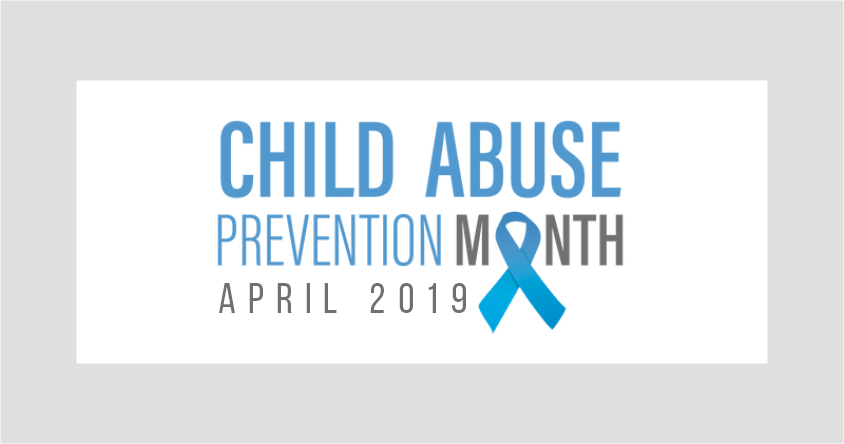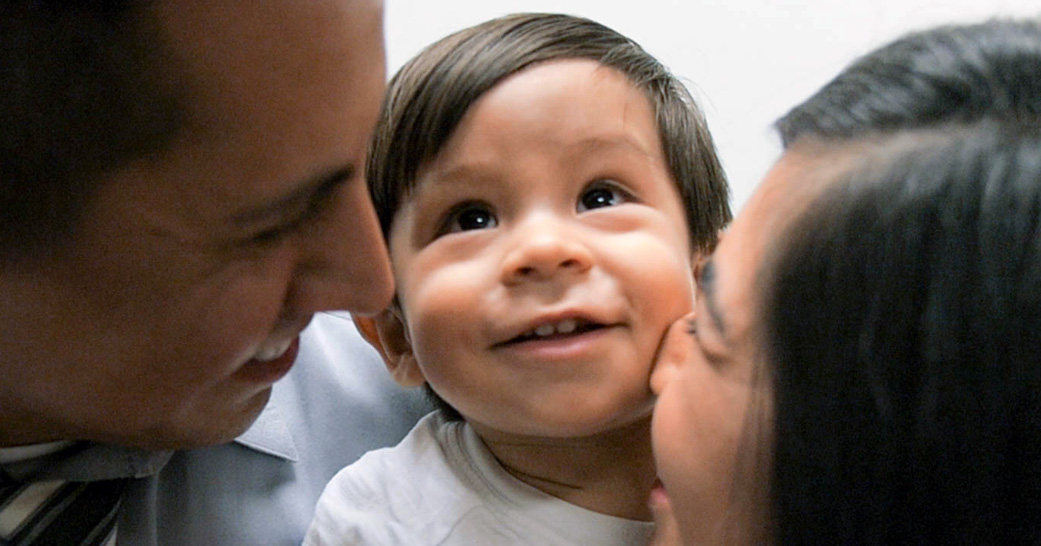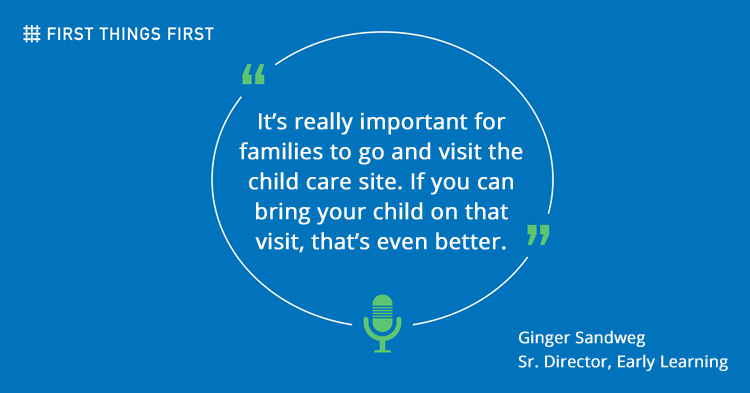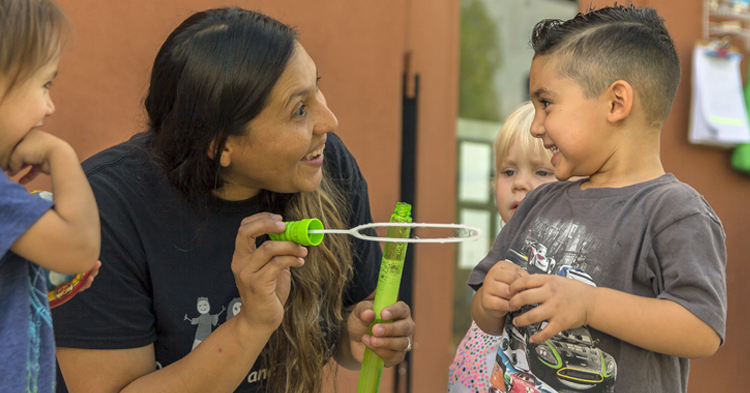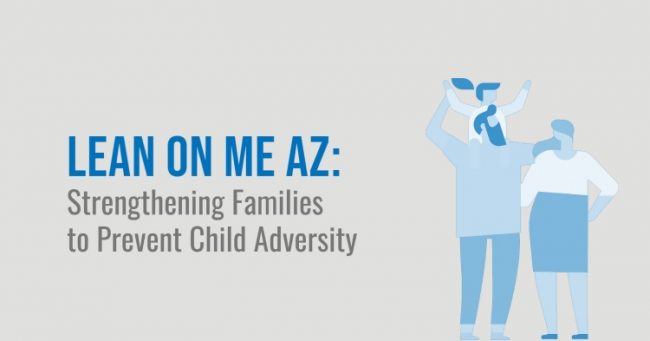
The families of millions of children are at risk of missing out on an expanded federal Child Tax Credit and early childhood supporters can remind families about it.
“Helping families access this credit is truly going to be life-changing for a lot of families,” said Deborah Stein, network director for the Partnership for America’s Children, a network of state and local child advocacy organizations. Stein recently spoke at a webinar to encourage early childhood supporters to help families claim the full credit.
In 2021, the federal American Rescue Act expanded the Child Tax Credit that parents can receive. For families with children birth to age 5, it accounts for $3600 per child per year, an increase of $1,600 per child.
Families were eligible to receive half of the Child Tax Credit in 2021 and half when they file taxes this year, or the full credit if they did not get advance payments in 2021.
While most families got 2021 advance payments automatically, families who had not filed recent tax returns needed to act to get the credit. Families for as many as 4 million children under the age of 17 have not received the credit.
“Now is a critical moment to help those families get the money that they are entitled to,” Stein said. “If they don’t know about this credit, they’re not going to realize they need to file taxes this year to get the full credit.”
There is no minimum income requirement, so even families with no earned income are eligible for the full credit.
“Families need help understanding why they should file and how to get help to file,” Stein said.
That’s where early childhood providers and supporters who work with families with young children can help alert families through a few simple steps.
First, let families know that they could get thousands of dollars through this Child Tax Credit by filing a 2021 tax return, even if they have no income or low income.
Encourage them to visit GetYourRefund.org for free help on tax filing and a step-by-step process on what is needed to claim the Child Tax Credit. Help is available in English and Spanish. Families can also use the site to find local Volunteer Income Tax Assistance (VITA) sites, which can help in person.



